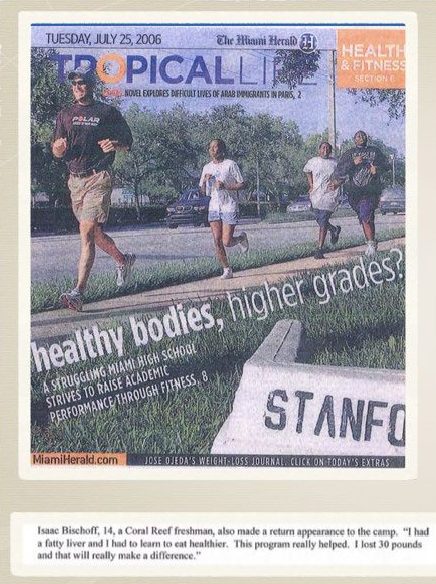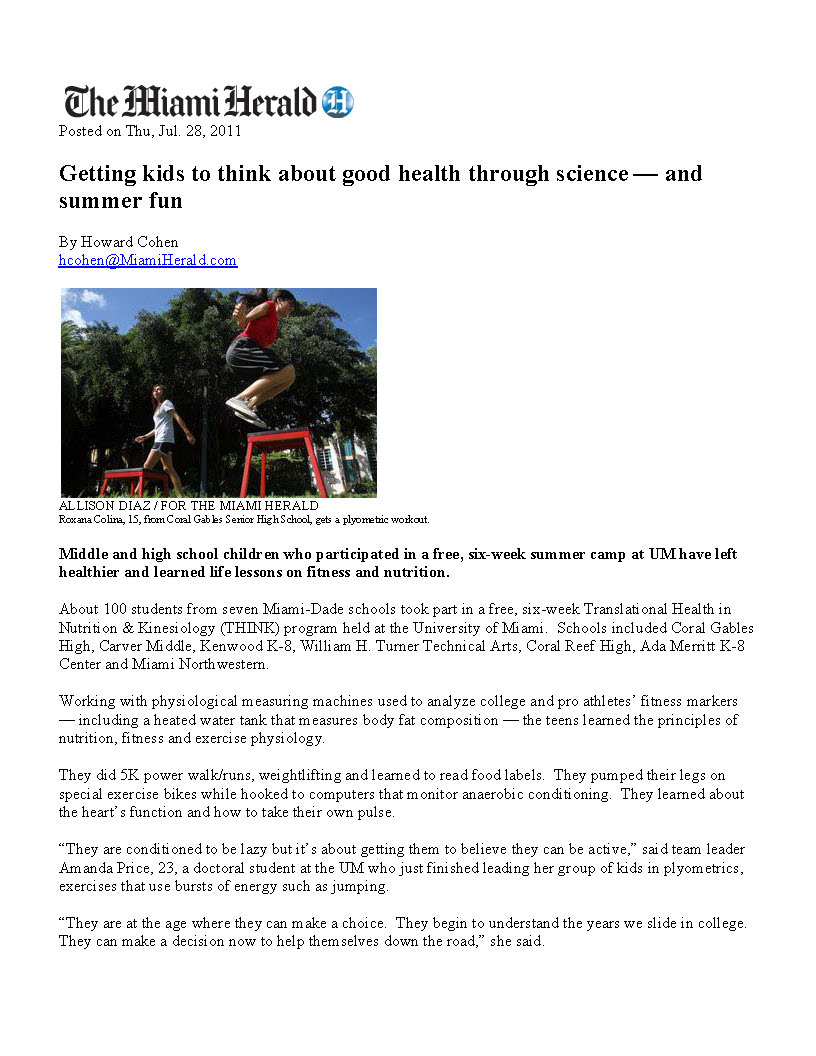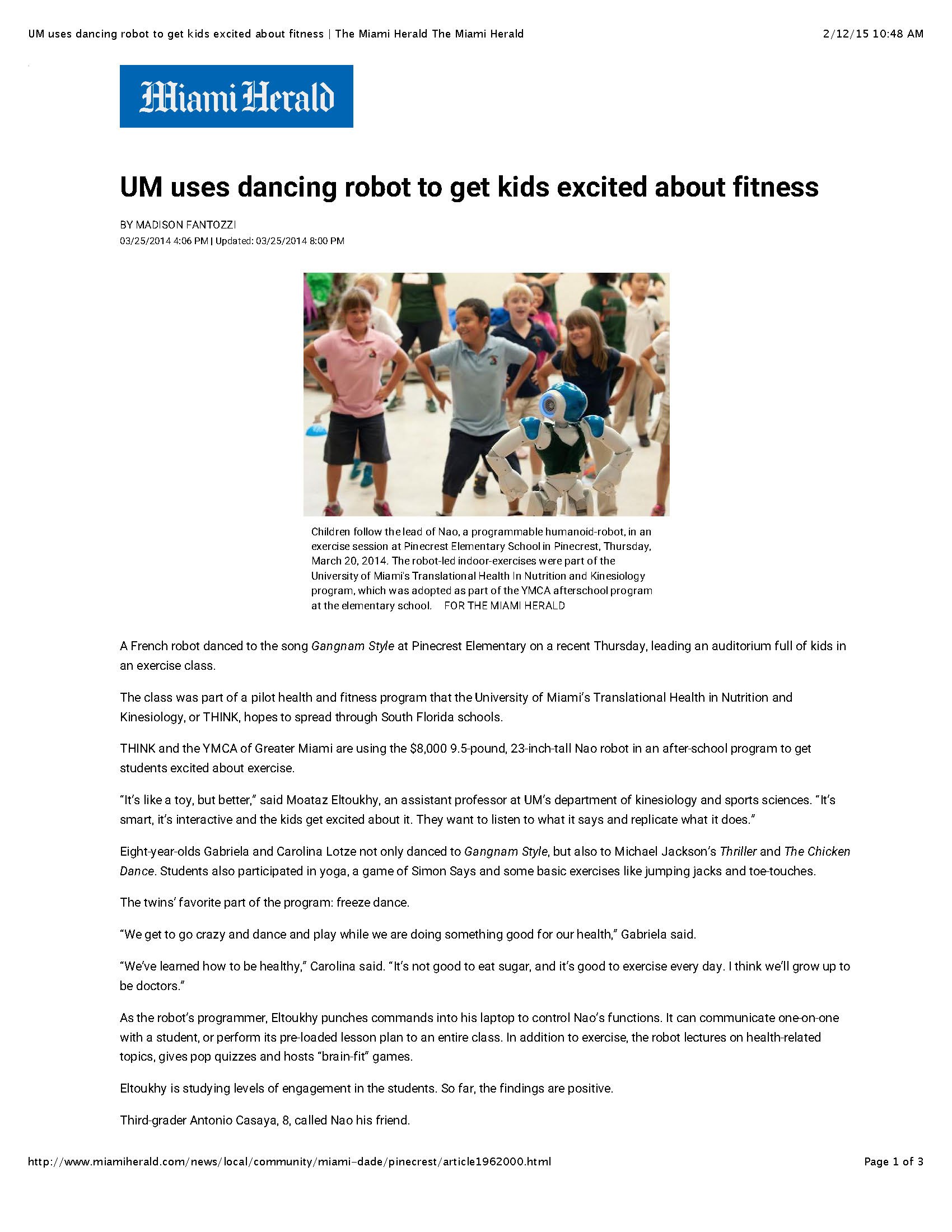What is the THINK program?
“THINK “stands for translational health in nutrition and kinesiology. The program encompasses a nutrition and exercise science curriculum designed to inspire youth to THINK about their nutrition choices and exercise options. The goal is to empower youth to improve their personal health and lifestyle behaviors. This novel curriculum is rooted in STEM education and includes lectures, clinical hands-on laboratory experiences, and physical activities.
The THINK program always begins with the introduction of a health-related theme relevant to nutrition or exercise science education. It can be anything from a topic on “Warm-up and Stretching” to “Thermoregulation” in exercise science. In Nutrition it can cover a topic such as “Choosing your Favorite Sports Drink” to “Plant-Based Options”. This is followed by hands-on clinical experiences using different pieces of equipment such as goniometers to measure range of motion, ECG’s to measure heart rate and rhythms during exercise, or bio-impedance and skin calipers to measure body composition. This allows participants’ to be proactive in learning more about their own bodies and how it functions in response to exercise.
Structured physical activities that reinforce educational and clinical experiences are integrated into the classroom to promote creative thinking (brain games), team play, self-expression, and fun. Physical activities can be in the form of relays, team sports, and individual fitness activities. Students are also encouraged to design their own warm-up and stretching program for their favorite sport and teach it to the entire class. The program underscores the importance of creating a culture of health and fitness among our nation’s youth thereby reversing the current “obesity” and “inactivity” trends in youth.
Recently, the program has integrated social emotional learning into the curriculum to enhance healthy behaviors, wherein barriers to exercise, goal setting, making responsible decisions, and developing strong communication skills are part of the curriculum.
It is hoped that graduates of the THINK program are empowered to improve their own personal lifestyle behaviors, inspired to serve as health ambassadors for their families/communities, and motivated to pursue STEM-related careers in the health sciences.
About THINK
THINK VISION
To inspire our nation’s youth to “THINK” about their nutrition and exercise options and better understand the importance of taking optimal care of their bodies from a nutritional and exercise science perspective. Eating well and engaging in active, healthy lifestyle behaviors is imperative for reducing chronic medical diseases and improving quality of life. Our vision is to create a culture of health and fitness in our nation youth today so that they can enjoy a longer, high quality, and productive life in the future.
THINK MISSION
To empower youth to lead active, healthy lifestyles applying information learned in nutrition and exercise science. Our mission is to develop the next generation of healthy, fit, and informed youth who can serve as health ambassadors for their families and communities. Furthermore, we hope to expose youth to a variety of career options in the health promotion/ disease prevention field and encourage them to pursue STEM-related careers in the health sciences.
The THINK program employs a 3-component model that interfaces educational themes with clinical experiences and relevant physical activities against a backdrop of STEM education:
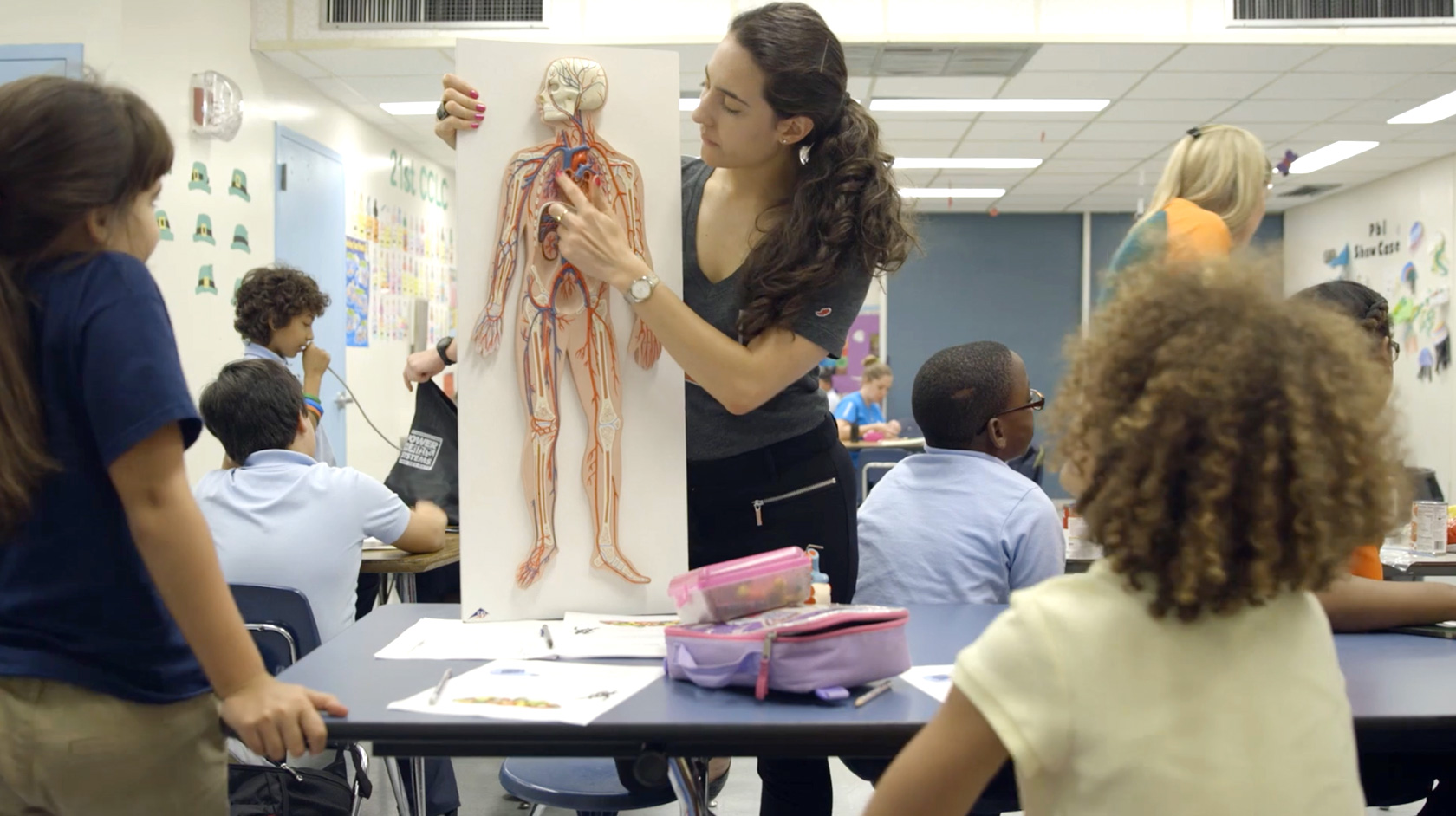
Educational Themes
Embrace health-related topics such as physical fitness, cardiac and skeletal muscle physiology, thermoregulation, and obesity prevention.
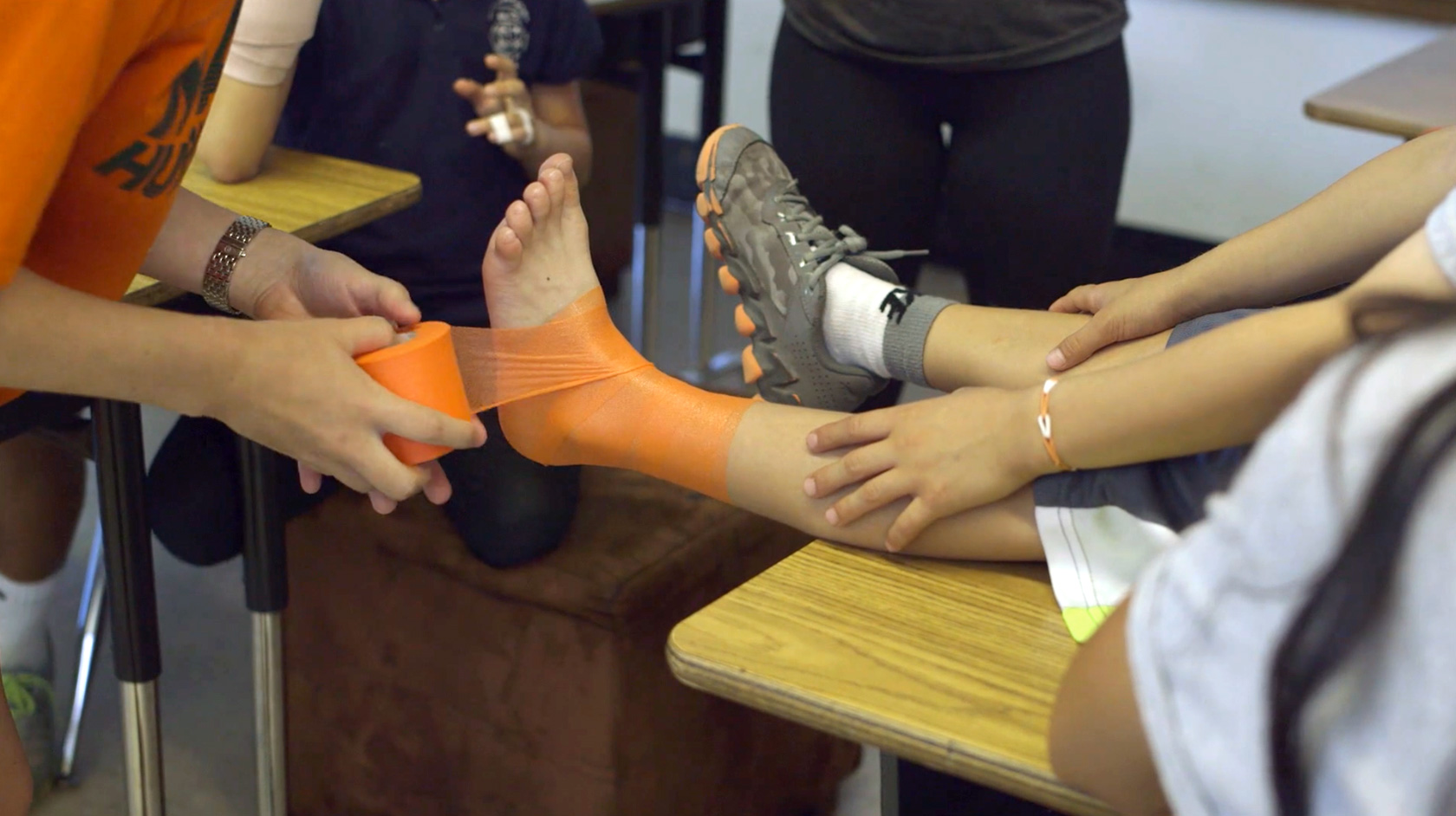
Clinical Experiences
Engage students in hands-on laboratory activities that teach one how to evaluate physical function, motor skills, and the health benefits of proper nutrition and daily exercise.
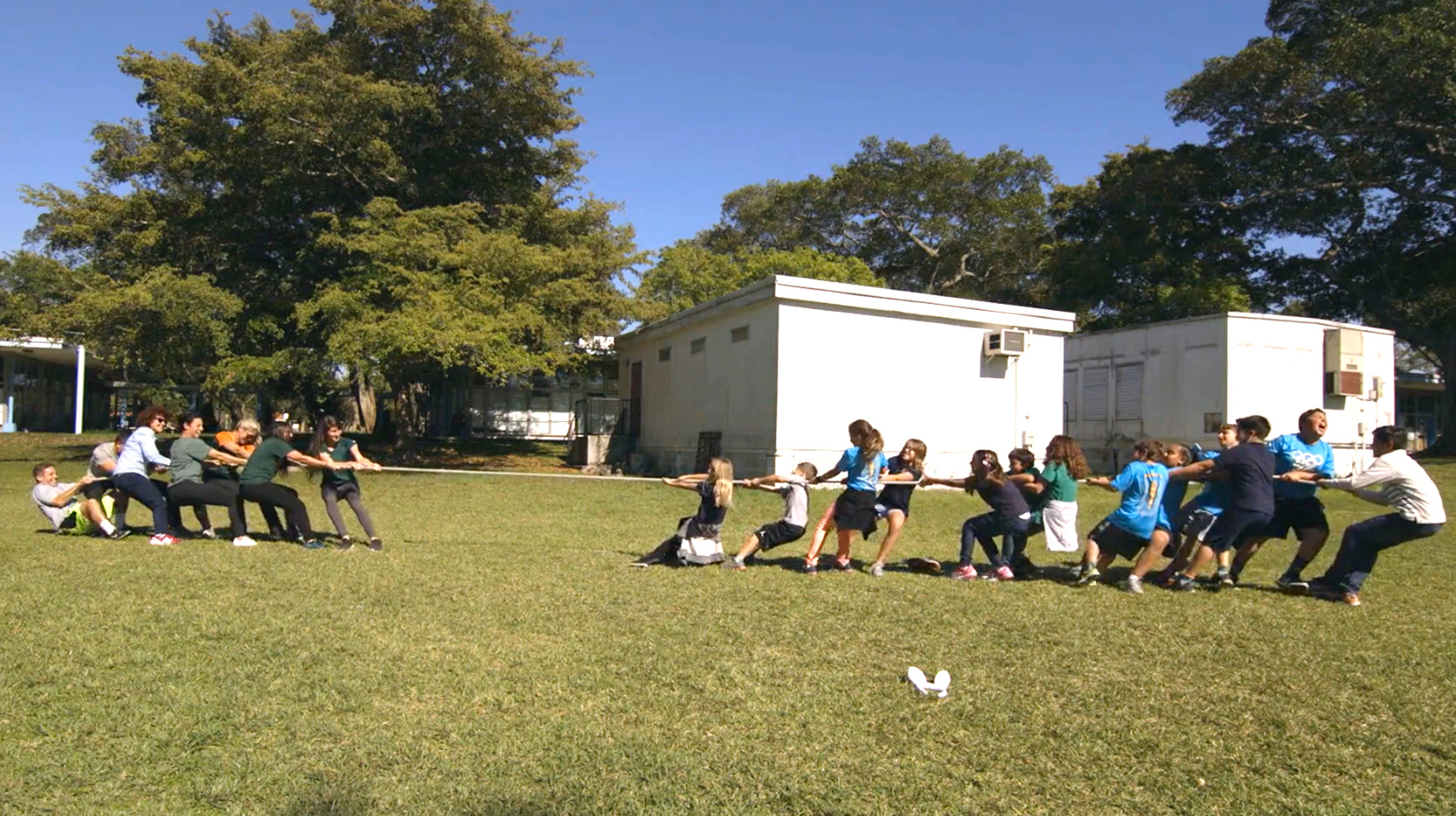
Structured Free-Play
Utilize fun, enjoyable activities that enhance motor skill acquisition and physical fitness.
Accomplishments
In the last several years, the THINK program has collaborated with established after-school, in-school, and summer youth programs. Results have shown significant improvements in physical fitness, body composition, and elements of physical literacy (nutrition and exercise science knowledge). Our positive findings underscore the importance of extending the THINK program throughout the community to create a culture of health and fitness among our nation’s youth.
THINK Program Creator
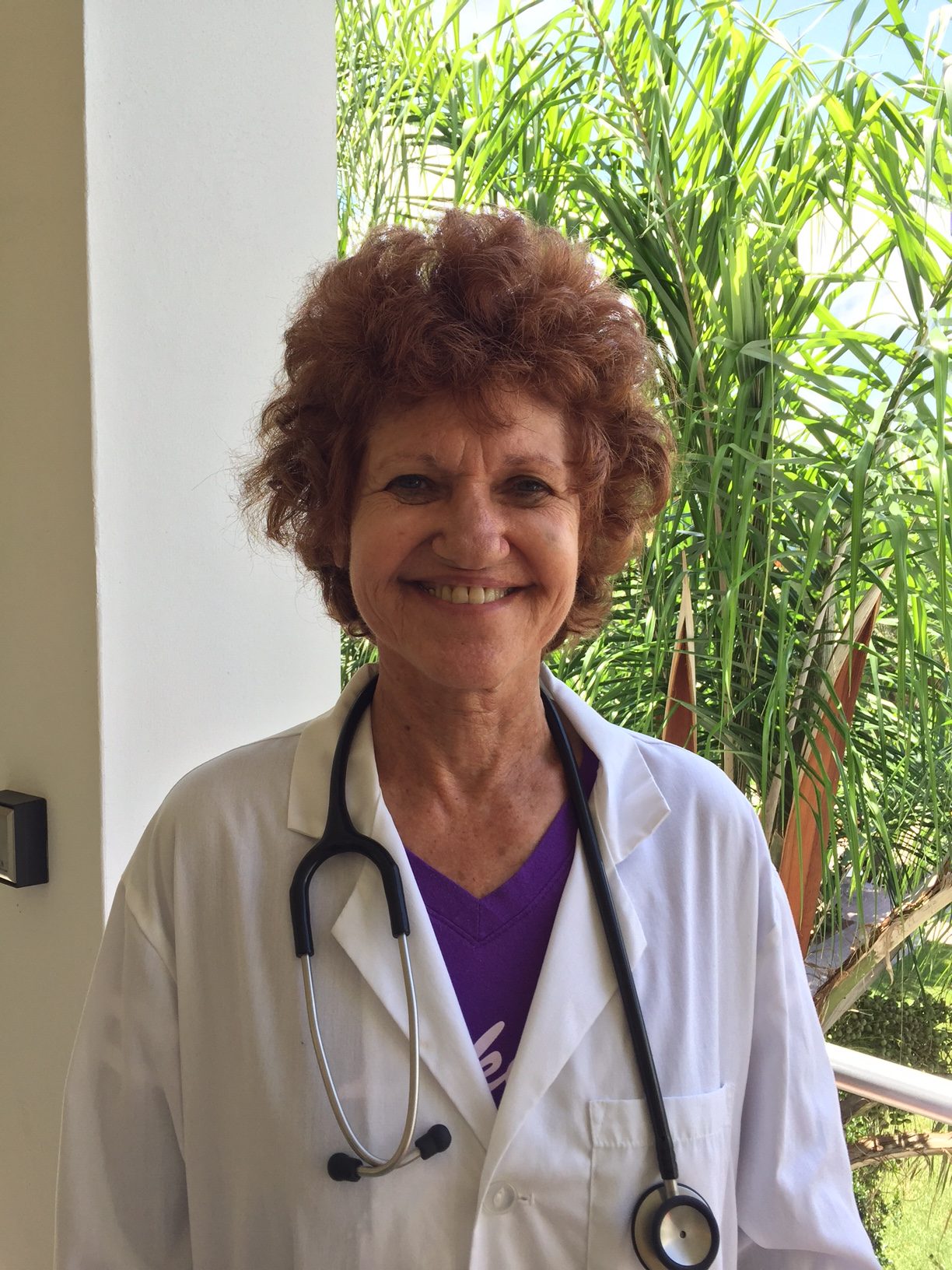
Arlette Perry joined the University of Miami faculty and became Director of the Laboratory of Clinical and Applied Physiology in 1981. She recently stepped down as Chair after 17 years of service to focus on the THINK program and her research in cardiovascular physiology and women’s health. Dr. Perry holds a secondary appointment in the School of Medicine’s Department of Internal Medicine. Her research focuses on cardiovascular physiology, obesity prevention, women’s health across different racial populations, and pediatrics. A former secondary school teacher, Perry earned a Ph.D. in exercise physiology from New York University and serves as a fellow of the American College of Sports Medicine and The Obesity Society. In addition, she serves as a reviewer for several professional journals including Obesity Research, Journal of Sports Nutrition, Journal of Pediatrics, and the American Heart Journal.
In 2004, Dr. Perry worked on the first version of the THINK program in partnership with the Teaching and Learning department for their “Project Succeed” grant. The goal of that project was to assist teachers in translating information about exercise, nutrition, and fitness using Math and Science to help teachers teach elementary students about their own health and fitness. This led to a grant awarded by the Children’s Trust Foundation to improve healthy lifestyle behaviors and physical fitness of minority adolescents attending a University of Miami summer program. In that program, adolescents evidenced gains in physical fitness that were maintained four months after the study’s completion. Dr. Perry received funding to partner with the YMCA of Greater Miami to bring the THINK program to their after-school programs. More recently, Dr. Perry received funding to create a “THINK” summer program for underserved students at the University of Miami. She currently teaches the THINK program in the Miami Dade County Public School System. Given very positive results, the hope is to extend the THINK program to many more schools in the Miami community and extend a culture of health and fitness to a broader population of our nation’s youth.
THINK Research
Can a translational health modular summer program positively impact minority adolescent health and wellness?
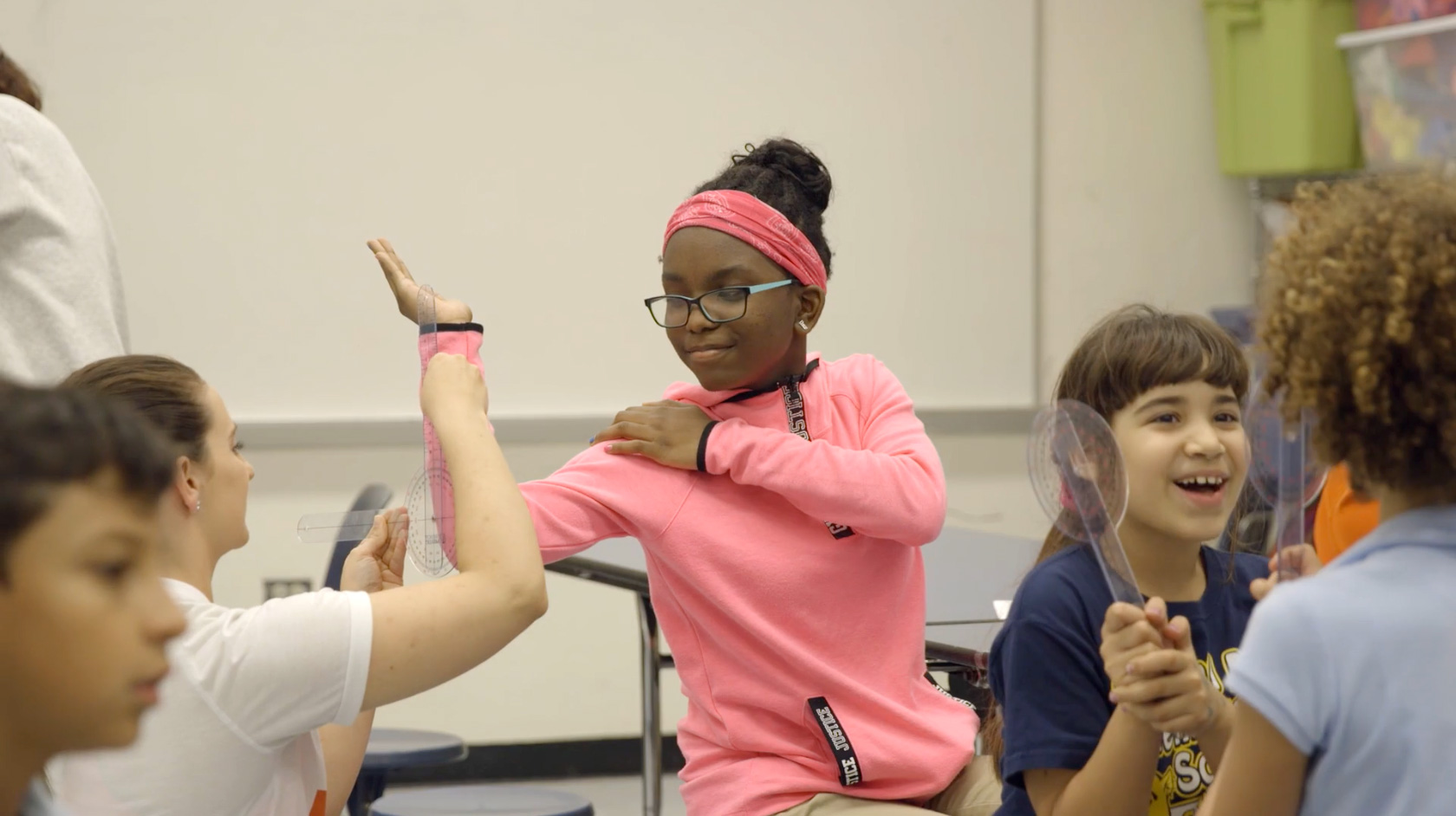
Authors: Edwards, E.S., Cutrono, S., Edwards, D.A., Stoutenberg, M., & Perry, A.C.
Presented at: the 58th Annual Meeting of the American College of Sports Medicine, Annual Meeting, June 2nd, 2010, Baltimore, Maryland
Body Image Dissatisfaction Is Related to Measures of Obesity in Minority Boys and Girls
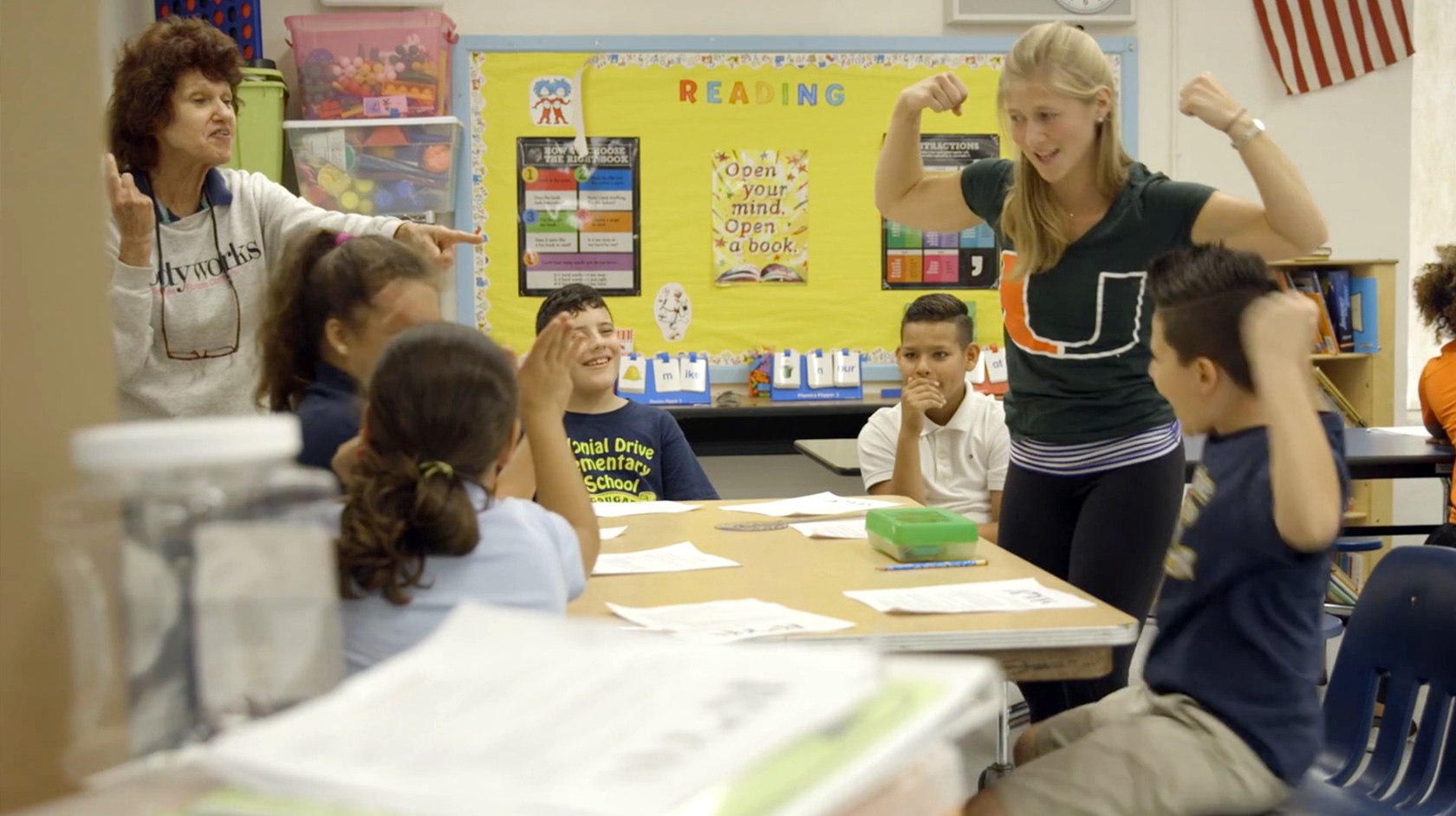
Authors: Emily Flanagan MS, Arlette Perry PhD, Kara Bolon MS, Carolina Velasquez
Presented at: The Obesity Society, Oct. 29-Nov. 2, Washington DC., 2017
Nutrition Knowledge and Habits in Relation to Age in Minority Children

Authors: Arlette Perry, PhD, Emily Flanagan MS, Carolina Velasquez, Kara Bolon MS
Presented at: The Obesity Society, Oct. 29-Nov. 2, Washington DC., 2017
The Relationship Between Executive Cognitive Control and Measures of Physical Fitness and Health-Rleated Variables in Minority Elementary School Children
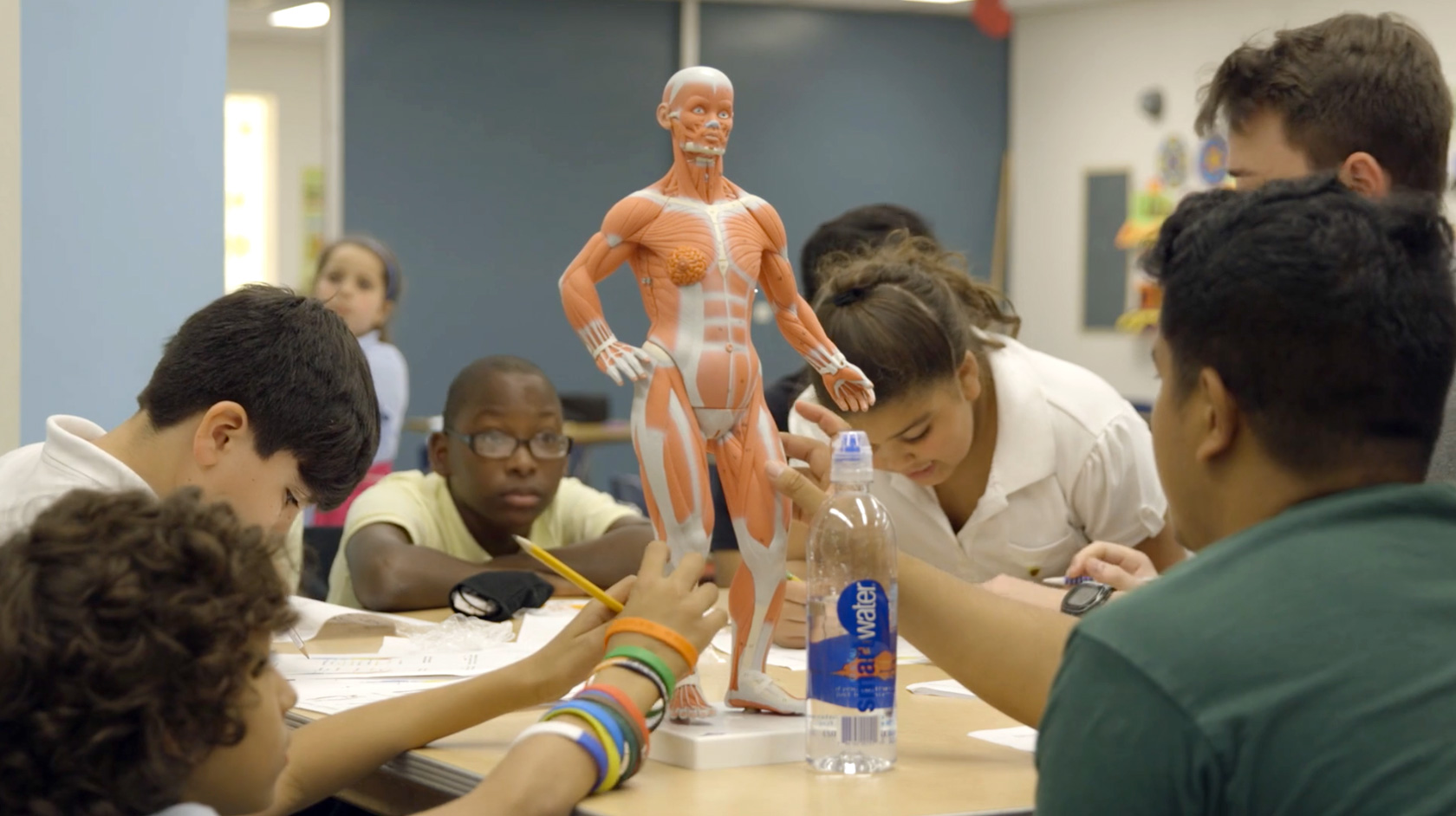
Authors: Mantilla, C., Perry, A., Quirola, L., Arwari, B.
Presented at: the 61st Annual Meeting of the American College of Sports Medicine, June 2nd, 2014, Orlando, Florida
Results from a Pilot Translational Health and Wellness Based Summer Program
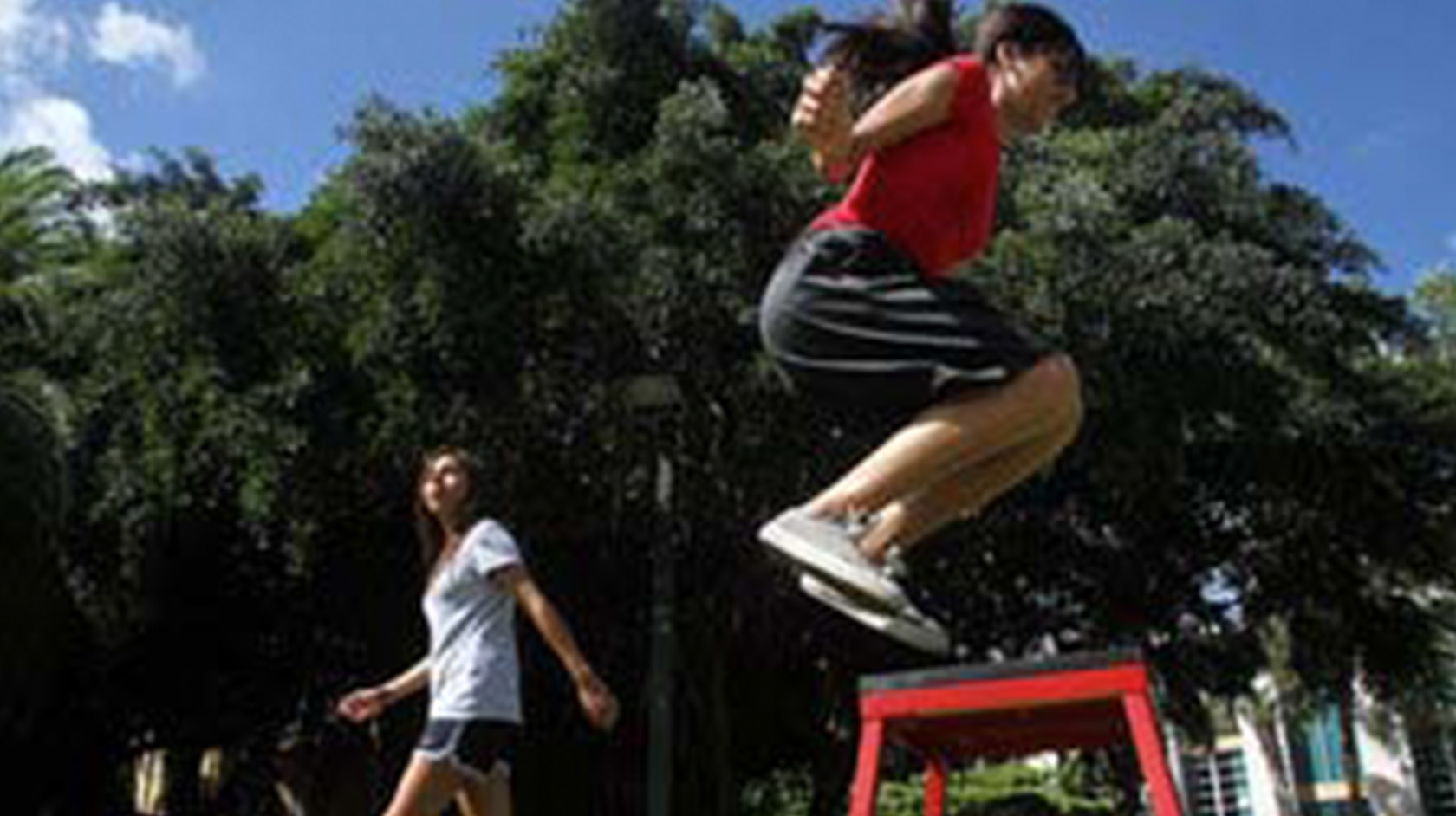
Authors: Edwards E.
Presented at: Open Access Dissertations. 557. Dr. Perry, Chair, 2011
Comparison Between a Comprehensive Wellness-Based After-School Program and a Traditional YMCA After-School Program on Measures of Physical Fitness, Health-Related, and Executive Cognitive Function Variables in Minority Elementary School Children

Authors: Mantilla C.
Presented at: Open Access Dissertations. 1356. Dr. Perry, Chair, 2015, Baltimore, Maryland
THINK STATS
years
How many years has the THINK been offered?
enrolled
How many students have been enrolled in the THINK program?
completed
How many students have completed all testing and assessments?
PHYSICAL FITNESS RESULTS
Significant physical changes as a result of the THINK program:
Increased Muscular Strength
Increased Aerobic Fitness
Increased Aerobic Fitness
Increased Agility/Speed
Increased Power
Increased Flexibility
BODY COMPOSITION RESULTS
Significant physical changes as a result of the THINK program:
Reduced Body Fat
Increased Lean Body Mass
PHYSICAL LITERACY RESULTS
Significant physical changes as a result of the THINK program:
Improvement in Nutrition Knowlodge
Improvement in Exercise Science Knowledge
Improvement in Nutrition Habits

